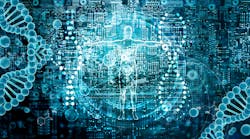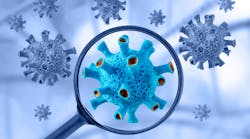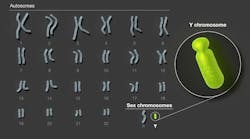A team of investigators from NHS Blood and Transplant (NHSBT) and the University of Bristol have discovered a new rare blood group system, called Er, after investigating three known antigens that did not fit into any known blood group system. The findings, published last week in Blood, also solved two 30-year-old cases of hemolytic disease of the fetus and newborn (HDFN).
In this study, researchers from NHSBT’s International Blood Group Reference Laboratory (IBGRL) investigated individuals with alloantibodies against a collection of antigens (Era, Erb and Er3) that were first observed more than 30 years ago using a technique that allowed for simultaneous analysis of gene coding DNA sequences. They identified specific changes in the gene coding for the PIEZO1 protein, which resulted in production of an altered protein on the cell surface of these individuals.
Using gene editing in an immortalized cell-line developed in Bristol, investigators removed and reintroduced the PIEZO1 protein to prove that alloantibodies to Er antigens (including two novel high-incidence antigens: Er4 and Er5) bind to PIEZO1. They also confirmed that PIEZO1 is required for Er antigen expression.
Investigators noted that while the newly discovered variations within the blood group system, Er4 and Er5, are extremely rare, they have been implicated in cases of HDFN. Two patients whose history was studied lost their babies due to HDFN.





